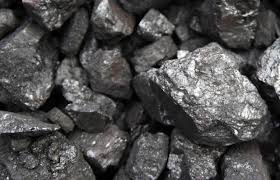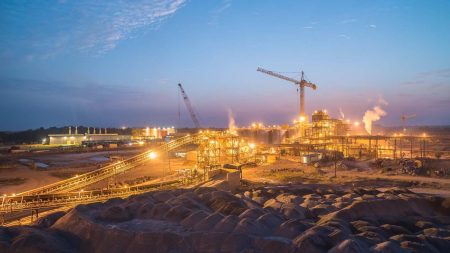
News wire — The Baltic Exchange’s main sea freight index, which tracks rates for ships ferrying dry commodities around the world, posted its biggest weekly gain ever, underpinned by a rebound in global commodities trading as iron ore demand from China picked up.
The 35-year old index, which reflects rates for capesize, panamax and supramax ships, has now surged nearly 300% since tumbling to a low of 393 points in May following a freeze in global trade due to coronavirus-led lockdowns.
“Most of the strength is due to increased Chinese steel mill demand for iron ore coupled with the increased production and exports out of Brazil,” said Randy Giveans, vice-president, equity research, at Jefferies.
“The length of the rally will all depend on how aggressive China is in restocking their depleted inventories as well as the ongoing recovery and stimulus activity in Asia.”
The index rose 28 points, or 1.8%, on Friday to a more than six-month high of 1,555, clocking a record weekly gain of 68.5%.
The Baltic capesize index jumped 147 points, or 4%, to 3,819, its highest since late September. It has soared more than 150% this week, after a near 50% jump on Thursday.
Average daily earnings for capesizes, which typically transport cargoes of 170,000 tonnes to 180,000 tonnes, including iron ore and coal, increased by $231 to $25,511.
COVID-19’s initial impact to reduce China’s iron ore output by 3% in 2020
Helping the sentiment during the week, Brazilian iron ore miner Vale SA said on Wednesday it could reopen mines in the Itabira complex shuttered due to coronavirus.
Dalian iron ore futures booked their seventh straight weekly gain on Friday.
The panamax index rose 61 points, or 5.5%, to 1,178. The index has surged 38.3% this week, the most since July 2014.
Average daily earnings for panamaxes, which usually carry coal or grain cargoes of about 60,000 tonnes to 70,000 tonnes, rose $548 to $9,267.
The supramax index rose 9 points, or 1.4%, to 657, marking its eighth straight weekly rise.
- Reuters


